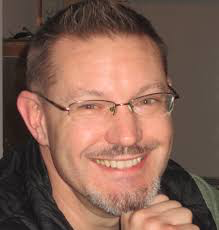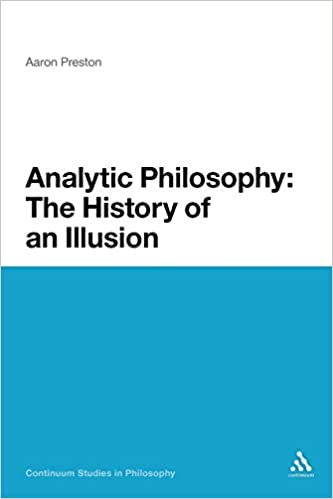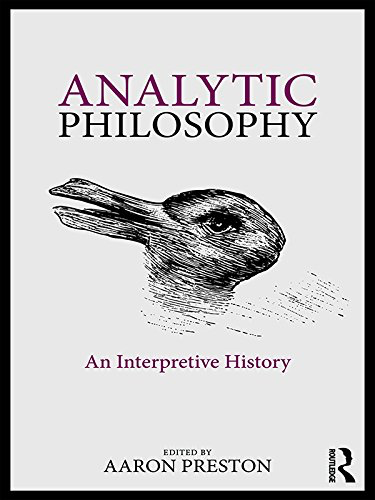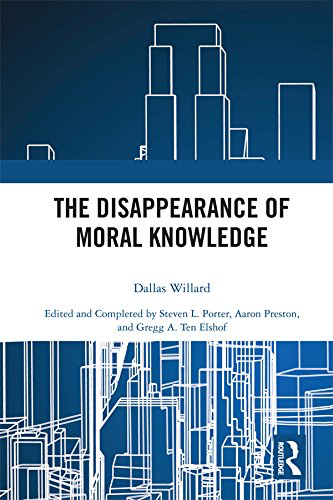Metaphilosophical Eudaimonism and the Death of God

By Aaron Preston

Philosophy in “the great tradition” beginning with Socrates aims to provide wisdom for living, grounded in a deep understanding of human nature and human flourishing in relation to the larger orders (social, cosmic, etc.) that humans inhabit. It is primarily in this sense that the tradition responds to the Delphic injunction to “know thyself.” In Plato’s Philebus , Socrates implies that “knowing oneself” is a matter of knowing the true nature of the psyche and its virtues; and as we see throughout the Platonic corpus – but perhaps most clearly and completely in the Republic – this is a task which ultimately requires a well-developed picture not only of our mental capacities along with their proper functions and virtues, but of the relations among the virtuous person, the human social world, and the cosmos, understood at the most fundamental level.
Plato thus established as philosophy’s overarching task the use of reason to arrive at a comprehensive “worldview” which (i) locates human life in the context of the larger orders it inhabits and (ii) orients it toward the good. I call this metaphilosophical eudaimonism (ME), since it makes philosophy’s ultimate end to be human “well-being” or “flourishing” in the distinctive Greek sense of eudaimonia – a sense which includes but is not reducible to subjective feeling, and which gives full weight to the moral and intellectual dimensions of human life. Plainly, ME includes the attempt to discover what we would now call the “meaning” of human life.
ME was the implicit metaphilosophy of the ancient and medieval periods. And the worldview that emerged from the “medieval synthesis” of Greek and Judeo-Christian traditions raised the possibilities for flourishing and meaningfulness to new heights. Humans were now seen as unceasing spiritual beings inhabiting a morally-ordered universe in which their choices had cosmic implications and eternal consequences. Our common nature as image-bearers of God called us to an eternal destiny of meaningful union with a God whose nature is love, and with one another. But achieving this end required commitment to faithful cooperation with God, a good-faith effort to grow into our high calling.
When Nietzsche speaks of “the death of God,” he has in mind that the Christian worldview had been undermined by the discoveries of the natural sciences, and by the “scientific worldview” to which those discoveries gave rise. I have never found “the death of God” in Neitzsche’s sense to be the least bit credible. To the contrary, my first encounters with Christianity, at around 10 years of age, convinced me that something in the vicinity of the general Christian worldview was true. What drove me to philosophy was my need to grapple with the possibility that the Christian God is not who I originally thought He was – not good, but “beyond good and evil” in a way that makes God horrific. This possibility is latent in biblical teachings about divine “election” (e.g., Romans 9:10-21). Channeled through late-medieval nominalism and the theology of the Reformation, the vision of God as an arational, amoral tyrant is the deepest source of late-modern and post-modern nihilism (as David Allen Gillespie has shown in his book Nihilism before Nietzsche). It takes special effort to salvage a positive vision of Christianity from all of this, and it turned out that philosophy, rather than theology, gave me the historical knowledge and conceptual tools required for success in that salvage operation.
Given the state of science at the turn of the 20th century, “the death of God” may well have seemed the obvious conclusion to draw. But long before that century came to a close, this was no longer so obvious. In the 20th century, big-bang cosmology gave new life to cosmological arguments for the existence of God; repeated failures to explain consciousness and volition in naturalistic terms left open the possibility of a nonphysical soul, while deeper insight into the nature of consciousness and its central features (intentionality, qualia, unity) render that possibility plausible if not probable; quantum mechanics challenged the deterministic picture of physical reality assumed under Newtonian and Einsteinian mechanics, and it provided a framework for understanding how mind or soul or spirit can interact with matter, whether in the form of God performing “miracles” or a human soul directing its body. So, to the extent that Nietzsche or anyone else has believed science to have disproved theism in general or Christian theism in particular, they are simply wrong. This is why, as the late Quentin Smith observed in his 2001 essay “The Metaphilosophy of Naturalism,” “God is not ‘dead’ in academia; he returned to life in the late 1960s and is now alive and well in his last academic stronghold, philosophy departments.”
So, from a logical perspective, the rumor of God’s death has been greatly exaggerated. But from a sociological perspective, Nietzsche was onto something. False rumors can be accepted as true, and this is precisely what was happening when Nietzsche heralded the Death of God. The Western mind had long been laboring under the secularizing pressure of scientism, and in the late 19th century it was on the verge of capitulation. Nietzsche saw it coming, and he correctly predicted that it would result in moral catastrophe. Pace David Hume and his devotees, ought has always been derived from is , and undermining the metaphysical basis of a moral system will tend to the toppling of that system unless it can be successfully grafted onto a new metaphysical foundation. Julie Rueben has given the definitive post-mortem of America’s failed attempt to complete such a grafting operation in her book The Making of the Modern University . In short, between ~1870 and 1930, moral education in the American university underwent a great shift. Originally, it took the form of a “capstone” course in moral philosophy in which the project of ME was carried out by attempting to integrate the established insights of all recognized fields of knowledge, including the sciences, into a coherent worldview oriented toward God and the good. But various pressures forced universities to give up on this curricular model and try to seek both a scientific basis for morality and a scientific form for moral education. After this attempt failed, the universities finally handed the task of moral education to the arts and humanities, which tried to provide an emotion-focused form of moral education that fit the contours of the “fact-value distinction” which had come into vogue toward the end of this period.
It is no coincidence that what came to be called “analytic philosophy” arose in the middle of this period, just as the cultural tide was taking its scientistic turn, and that it came to dominate academic philosophy. Most of my own scholarly work has been devoted to showing how the advent of analytic philosophy represents philosophy’s capitulation to this cultural shift. One of the most visible and enduring marks of the analytic tradition’s capitulation to scientism is its rejection of ME. As Scott Soames has observed, ”philosophy done in the analytic tradition aims at truth and knowledge, as opposed to moral or spiritual improvement…the goal of analytic philosophy is to discover what is true, not to provide a useful recipe for living one’s life.” This clearly puts it at odds with the aims of ME, which is equally committed to discovering truth and knowledge, but expects that some of that knowledge will be relevant to questions about what it is to be a good person, and how to become one.
That we desperately need such knowledge is manifest in the present, disastrously divided state of our political communities in the West. In After Virtue , Alasdair MacIntyre drew attention to the relationship between the incoherence of our moral vocabularies and the “shrillness and interminability” that had become characteristic of moral and political disagreement in the 20th century. Nearly four decades later, that shrillness has only become worse, and has with increasing frequency spilled over into violence, perpetrated by extremists on both the Left and the Right. In both cases, political ideologies grounded in ill-formed worldviews are a large part of the problem. These worldviews are sad counterfeits of those ME aims to produce, for they are not developed or tested by reason in the way ME requires. Plausibly, one reason so many people are now guided by such defective worldviews is that the practice of intellectually responsible worldview-formation and -critique no longer has any institutional home, as it once did in our colleges and universities, and especially within the discipline of philosophy.

About the Author
Aaron Preston holds degrees in Classics, Theology, and Philosophy, and is a Professor of Philosophy at Valparaiso University. He has authored, co-authored, or edited three academic books:

(Analytic Philosophy: the History of an Illusion,

Analytic Philosophy: an Interpretive History,

and The Disappearance of Moral Knowledge), and has published numerous articles in academic journals. Most of his work has dealt with the history of analytic philosophy, the history of ethics, metaphilosophy, and the philosophy and psychology of religion. His current work focuses on the largely forgotten philosophical school of Personalism, which guided the human rights movement in Europe after WWII and the early Civil Rights movement in the United States (Martin Luther King, Jr. was a Personalist).